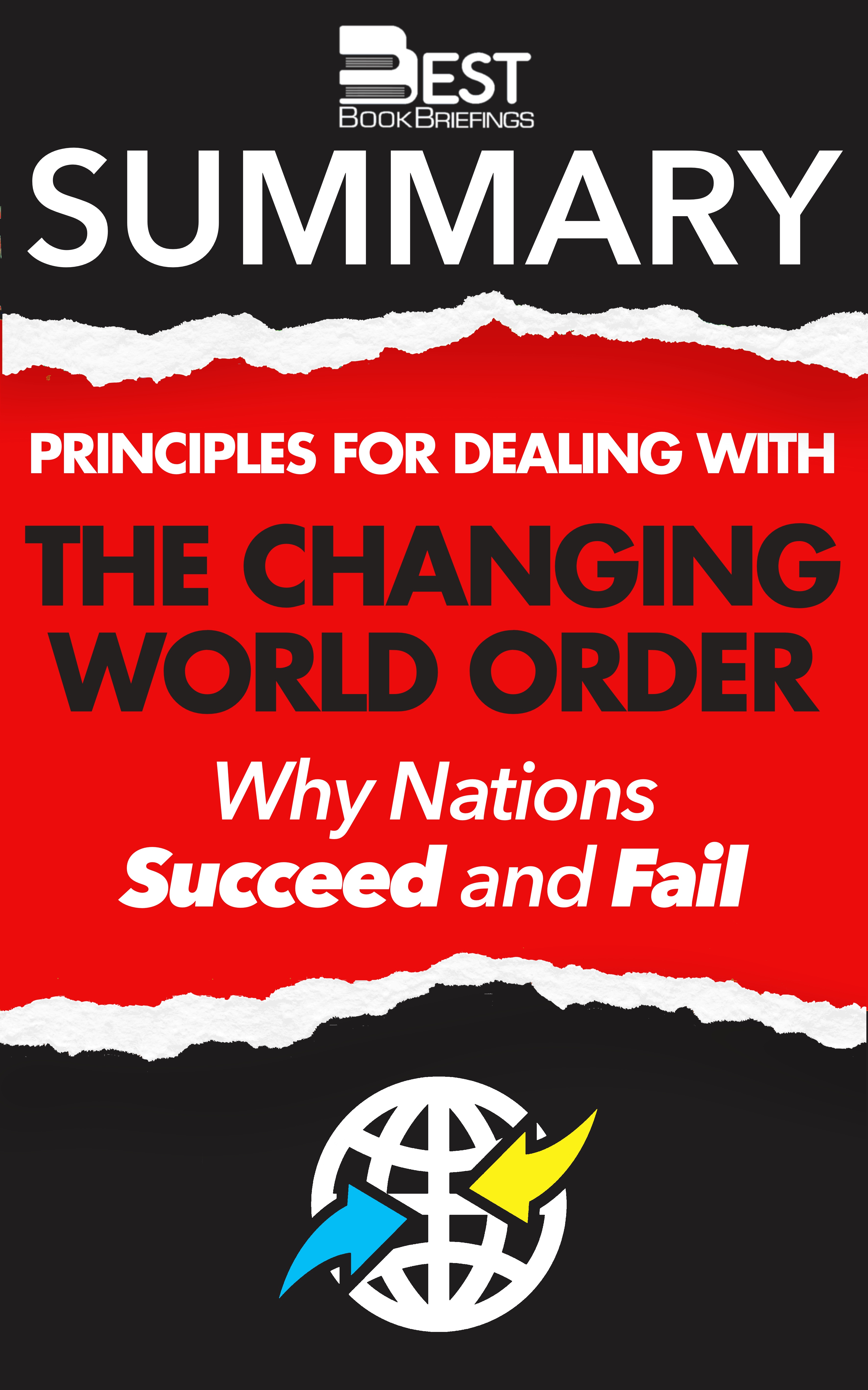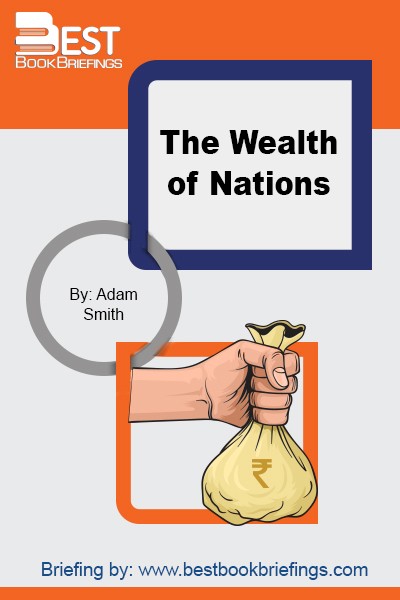The Wealth of Nations
Number of pages: 1246
Publisher: Bantam
BBB Library: Economics and Investment, Business Classics
ISBN: 978-0553585971
Editorial Review
The book’s full name is ‘An Inquiry into the Nature and Causes of the Wealth of Nations,’ written by Adam Smith. This book is truly a masterpiece that gives great insights into the world of economics and management. The entire book is made of six books, discussing economics and explaining how it relates to human nature and social dynamics. Due to its extensive detail of how economics and commerce worked under the mercantile system, it is considered as a masterpiece. It also was among the first books that discussed the use of automatic economic system and the role of government in ensuring efficiency through ensuring that there exists justice, education, public works and dignity. Over a century later, the book is still relevant in governance and defining the role of the government. We're discussing books 1, 2, and 3.
Book Reviews
Books on Related Topics

In such a busy and crowded marketplace, most people and organizations don’t have time to learn about what other places are really like. When you haven’t got time to read a book, you judge it by its cover. We all navigate through the complexity of the modern world armed with a

Business and political leaders often talk about what their respective countries must do to compete in the world economy. But what does it really mean for a country to compete, and how do they do this successfully? Countries develop strategies to compete for the markets, technologies, skills, and investment that will

Collaborative democracy—government with the people—is a new vision of governance in the digital age. Wiki Government explains how to translate the vision into reality. Beth Simone Noveck draws on her experience in creating Peer-to-Patent, the federal government's first social networking initiative, to show how technology can connect the expertise of the many

Through his book Principles for Dealing with the Changing World Order, Dalio brings readers along for his study of the major empires—including the Dutch, the British, and the American—putting into perspective the “Big Cycle” that has driven the successes and failures of all the world’s major countries throughout history.



